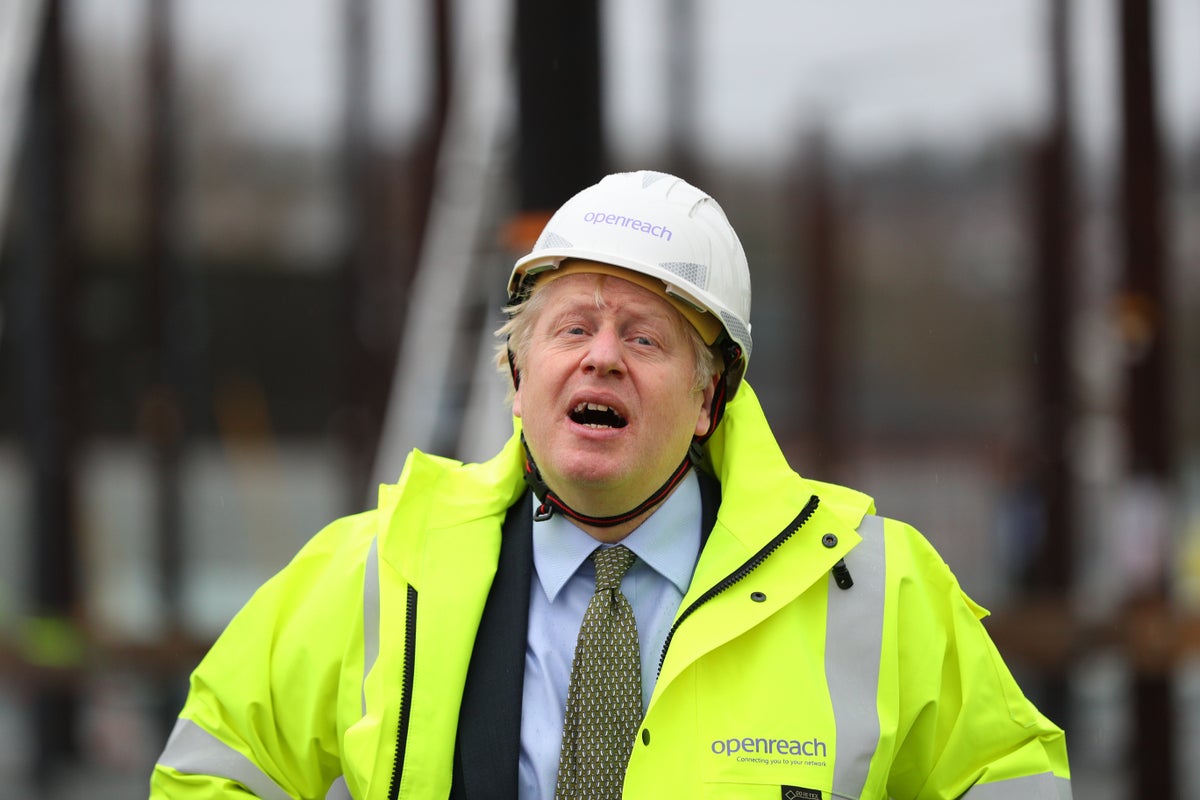
Cabinet big-hitters like Rishi Sunak and Sajid Javid quitting has dominated the headlines, but the disintegration of Boris Johnson’s government is both broad and deep.
Those quitting have ranged from PPSes to government trade envoys, to ministers of state, under-secretaries of state, right up to Cabinet ministers and the chancellor.
Rishi Sunak was the most high-profile departure of all on Tuesday afternoon, leaving a vacancy for chancellor.
Mr Sunak said “the public rightly expect government to be conducted properly, competently and seriously”, adding: “I believe these standards are worth fighting for and that is why I am resigning.”
Sajid Javid, the health secretary, also quit Mr Johnson’s cabinet. He said the British people “expect integrity from their government” but voters now believed Mr Johnson’s administration was not competent or “acting in the national interest”.
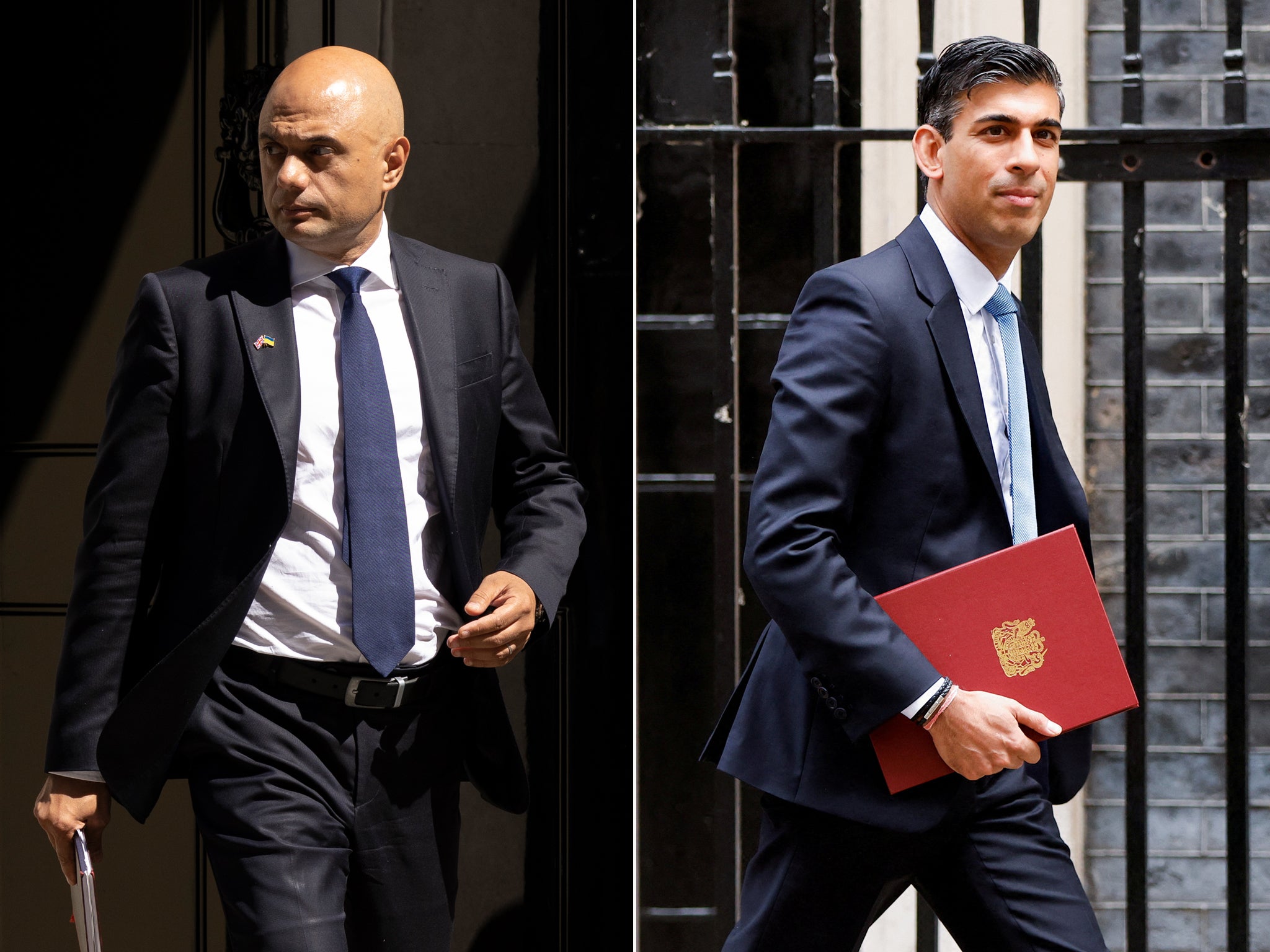
Bim Afolami, the Tory party’s vice chairman, had perhaps the most spectacular resignation of the evening. He quit live on air, telling Talk TV Mr Johnson should also resign from No 10 and said he “can’t serve under the prime minister” after months of turmoil.
“I just don’t think the prime minister any longer has, not just my support, but he doesn’t have, I don’t think, the support of the party, or indeed the country any more,” he said. “I think for that reason he should step down.”
Jonathan Gullis resigned his role as parliamentary private secretary to the Secretary of State for Northern Ireland, saying the Conservative Party has been “more focused on dealing with our reputational damage rather than delivering for the people of this country”.
The 2019 intake MP Mr Gullis said he was resigning “with a heavy heart”, writing: “I feel for too long we have been more focused on dealing with our reputational damage rather than delivering for the people of this country and spreading opportunity for all, which is why I came into politics. It is for this reason I can no longer to serve as part of your government.”
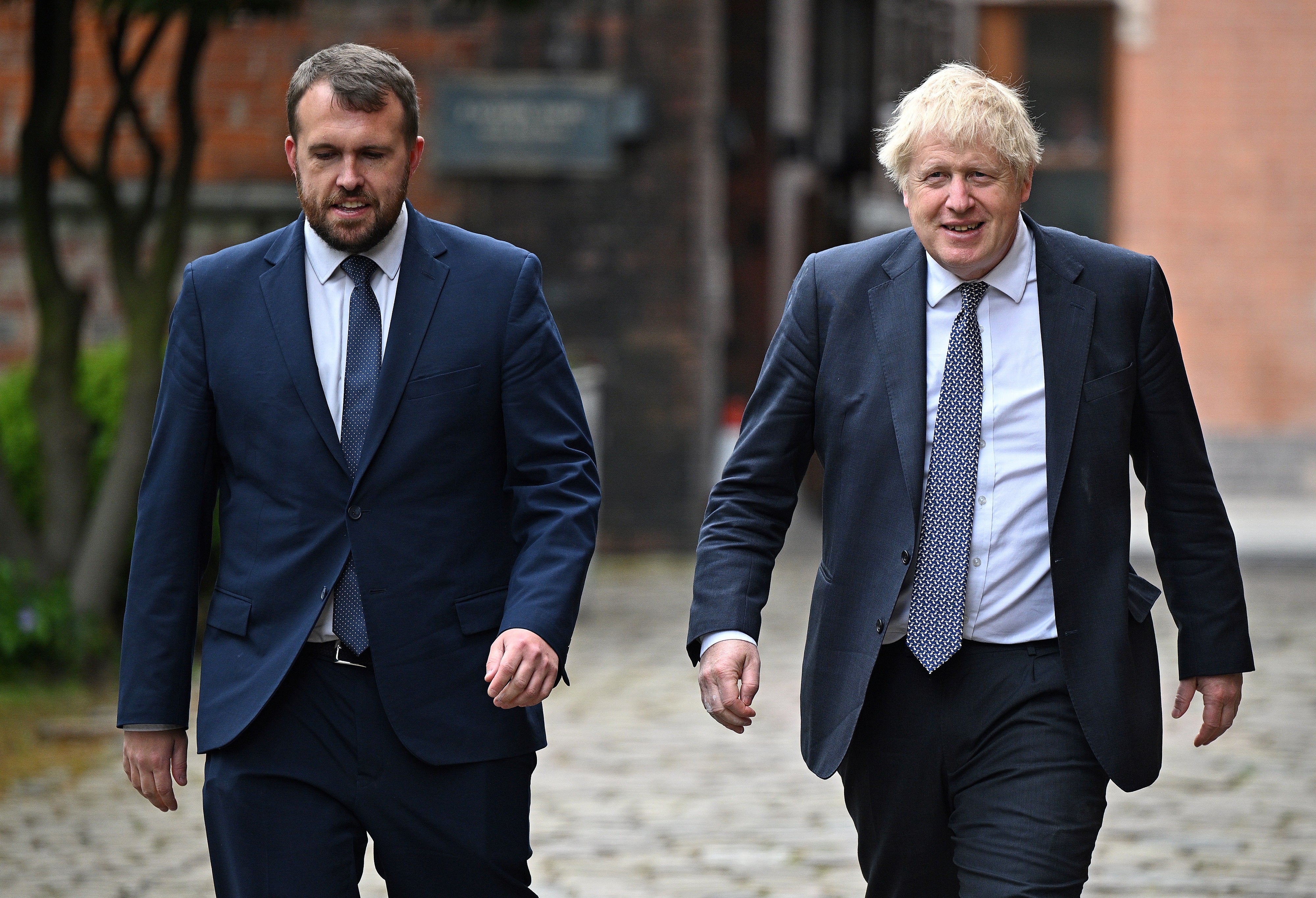
Saqib Bhatti meanwhile in his resignation as a parliamentary private secretary to the prime minister himself. He wrote that his conscience would not allow him to continue in his government role.
“The Conservative and Unionist Party has always been the party of integrity and honour. I feel that standards in public life are of the utmost importance, and the events of the past few months have undermined public trust in all of us,” the Meriden MP wrote
“I have been grappling with these issues for some time and my conscience will not allow me to continue to support this administration. It is for this reason I must tender my resignation.”
Alex Chalk, the solicitor general, said in his resignation letter that he could not “defend the indefensible”, adding: that “public confidence in the ability of Number 10 to uphold the standards of candour expected of a British government has irretrievably broken down”.
Will Quince kept the list of resignations rolling on Wednesday morning, resigning as children’s minister.
Mr Quince had been sent out onto television to defend the prime minister over the Pincher affair said he had “no choice” after he repeated Downing Street briefings “which have now been found to be inaccurate”.
“It is with great sadness and regret that I feel that I have no choice but to tender my resignation as minister for children and families as I accepted and repeated those assurances in good faith,” he said.
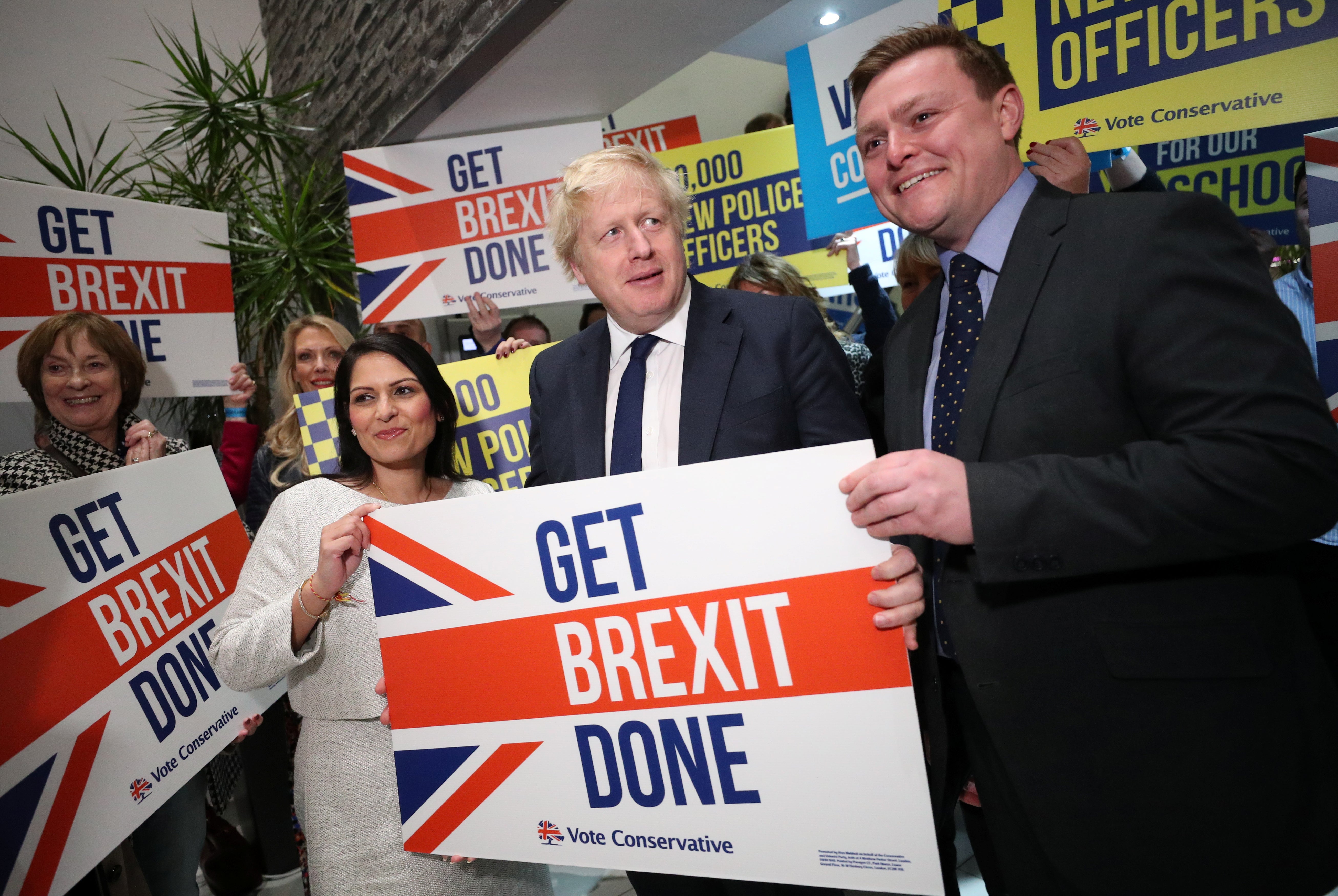
John Glen also stepped down from his Treasury role on Wednesday morning, saying it was “impossible for me to square continued service with my conscience”.
He has served as economic secretary to the treasury under three chancellors said he could "no longer reconcile my commitment to the role and to the financial services sector with the complete lack of confidence I have in your continuing leadership of the country".
Andrew Murrison also announced he would be stepping down as trade envoy to Morocco – a reminder that the government payroll goes well beyond ministerial office and PPSes.
Dr Murrison, who backed Mr Johnon's leadership bid in 2016 and in 2019, wrote in his letter: “The last straw in the rolling chaos of the past six months has been the unavoidable implication of Lord McDonald's letter to the Parliamentary Commissioner for Standards this morning.
“Others must square, as best they can, their continuing enjoyment of your patronage with their personal sense of decency, honour and integrity but I no longer can”.
Theo Clarke, the MP for Stafford, also resigned from her position as trade envoy to Kenya with a statement which said she takes “allegations of sexual misconduct very seriously” and that the Prime Minister had shown a “severe lack of judgment and care” for his parliamentary party.
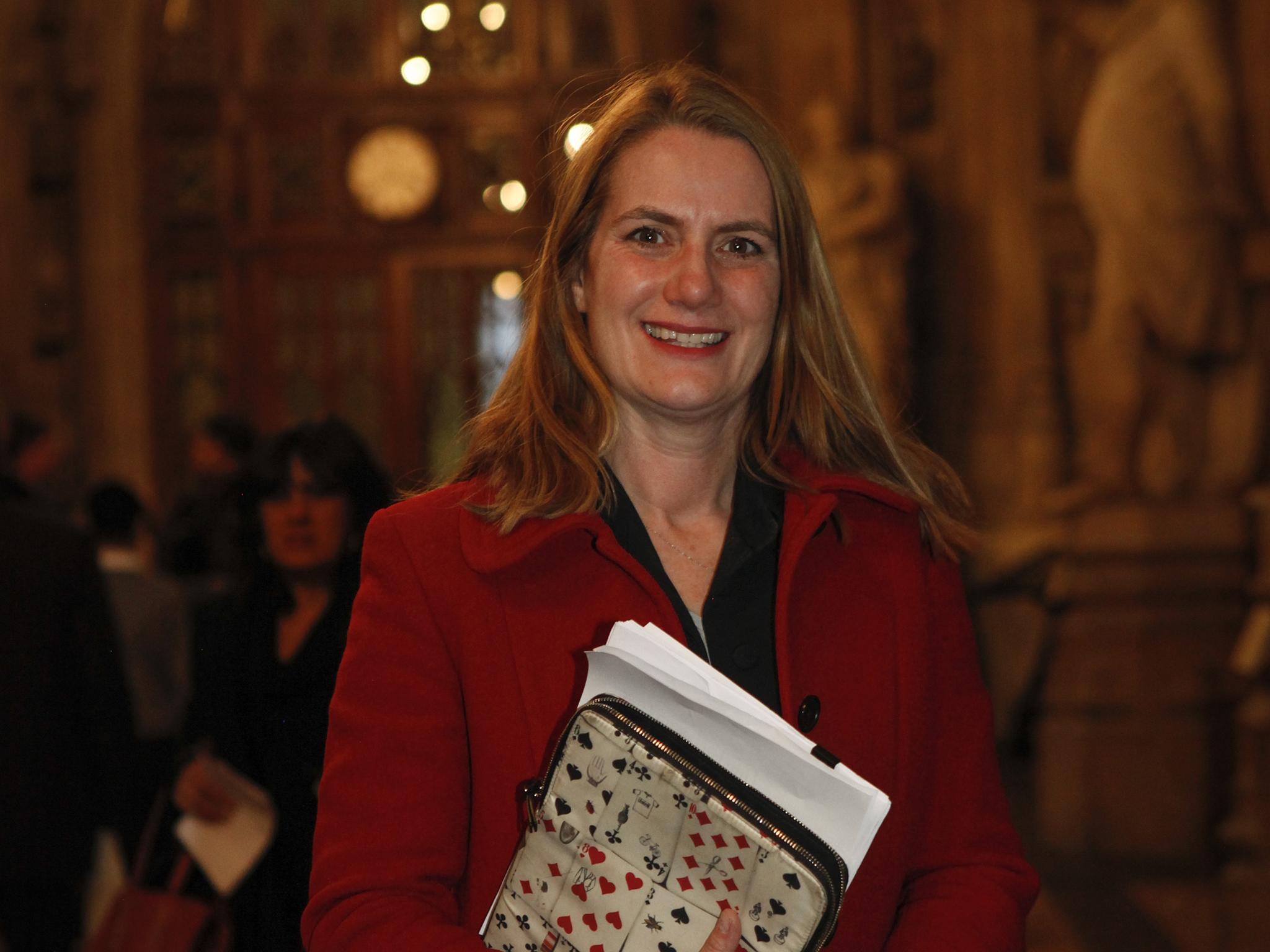
Nicola Richards, a parliamentary private secretary to the Department for Transport, said that the Conservative Party was “currently unrecognisable” in her resignation letter to the PM, adding that “I believe something must change”.
“At a time where my constituents are worried about the cost of living and I am doing my best to support them,” the West Bromwich East MP wrote, “I cannot bring myself to serve as a PPS under the current circumstances, where the focus is skewed by poor judgement that I don’t wish to be associated with.”
Laura Trott, a parliamentary private secretary at the Department for Transport, also quit on Wednesday morning, saying in a statement that “trust in politics is – and must always be – of the upmost importance, but sadly in recent months this has been lost”.
She added: “Thank you to all of you who have written to me expressing your views. I have read them carefully, and taken them into consideration as part of my decision.”
Virginia Crosbie, a parliamentary private secretary in the Wales Office has also quit, Another 2019 intake MP, she wrote to tell the prime minister: “You cannot be trusted to tell the truth. This can never be a position to inhabit for anyone in public life, let alone a Prime Minister.”
Robin Walker, the minister for schools standards, also quit on Wednesday morning. He said "recent events have made it clear to me that our great party ... has become distracted from its core missions by a relentless focus on questions over leadership".
He said the departures of Sunak and Javid represented "a worrying narrowing of the broad church that I believe any Conservative government should seek to achieve".
Felicy Buchan added to the list of MPs stepped down as parliamentary private secretaries on Wednesday morning.
The business department PPS said Mr Johnson had "list the confidence of my constituents and me" and that "the current situation is untenable".
Victoria Atkins also stepped down from her role at the Home Office on Wednesday ahead of prime minister's questions in the Commons.
She added that “integrity, decency, respect and professionalism” had been “fractured” under Mr Johnson's leadership, and that the party “must be better than this”.
Jo Churchill quit as environment minister at midday on Wednesday and said in her resignation letter that the prime minister's "jocular self-serving approach" had its "limitations".
She added that "the country and party deserve better" .
Stewart Andrew announced that he was stepping down as housing minister, following Boris Johnson's performance at prime minister's questions on Wednesday.
In his resignation letter he said: "There comes a time when you have to look at your own personal integrity, and that time is now."
Selaine Saxby quit as a parliamentary private secretary at the Treasury on Wednesday afternoon. The North Devon MP wrote that “trust, truth and integrity are vital in our work as politicians and public servants”.
“Inaction is indeed action, and my silence is not compatible with my views or position, and it is with great regret that I have decided to resign as PPS,” she added.
Claire Coutinho also stepped down as a PPS, saying in her resignation statement that she believed scandal was holding the government back.
She added: "I firmly believe that what we need now, as we deal with the twin challenges of war in Europe and global inflation, is a laser-like grip on reforming our public services so that they work better for our constituents and focus on charting a path to prosperity through what is an increasingly challenging global outlook. I think the events of recent weeks and months are preventing us from doing that.”
David Johnston was another MP to step down as a PPS, arguing that "events in recent months have made the view of politics and politicians worse".
"I know from my inbox that there are different views about the Prime Minister, but I do not believe he can provide the leadership the country needs," he added.
Kemi Badenoch quit as equalities and local government minister along with four of her colleagues on Wednesday afternoon.
They said in a joint letter that it was "increasingly clear that the government cannot function given the issues that have come to light and in which they have been handled".
Neil O'Brien also stepped down as part of the group of five, having previously worked at the ministry of housing, communities and local government.
Alex Burghart left governemnt and his role as apprenticeships minister, signing the same joint letter as his four other colleagues..
Lee Rowley left his post as a junior minister at the business department in the group of five on Wednesday afternoon
Julia Lopez who was the minister for media, data, and digital infrastructure and DCMS has also stepped down, signing the same joint letter.
Craig Williams has also quit as a PPS at the Treasury, stating in his resignation letter that was is clearly“impossible” to restore trust with the public.
Notably, Mr Williams said he had backed the prime minister in the vote of no confidence last month.







